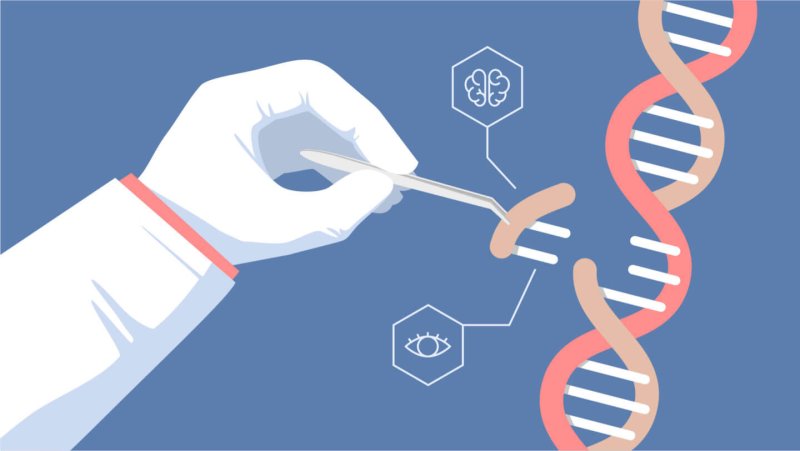Almost always, building something is harder than tearing it down. Similarly, knocking in genes poses a greater challenge than knocking them out. It’s a reality that researchers will have to overcome in order to get the most out of gene editing.
…
In the past few years, researchers have developed many new strategies to boost the efficiency of knocking in genes both large and small using CRISPR-Cas9, and along the way they’ve proposed and tested new applications for this type of gene editing. Here, The Scientist explores a few of the most promising approaches.
…
Researcher: Channabasavaiah Gurumurthy, director of the mouse genome engineering core facility, University of Nebraska Medical Center
Project: A few years ago, musing over the difficulty of knocking in genes while trying to do so into mouse zygotes, Gurumurthy and his colleagues had a revelation.
Researchers were successfully inserting short, single-stranded DNA, so why not try making a knock-in by inserting long, single-stranded DNA? Indeed, the approach, which Gurumurthy calls Easi-CRISPR (efficient additions with ssDNA inserts -CRISPR), boosts efficiency by 2.5 times, and using single-stranded DNA slashes the rate of off-target insertions 100-fold in cell culture.
Read full, original post: The Challenge of Using CRISPR to Knock In Genes































